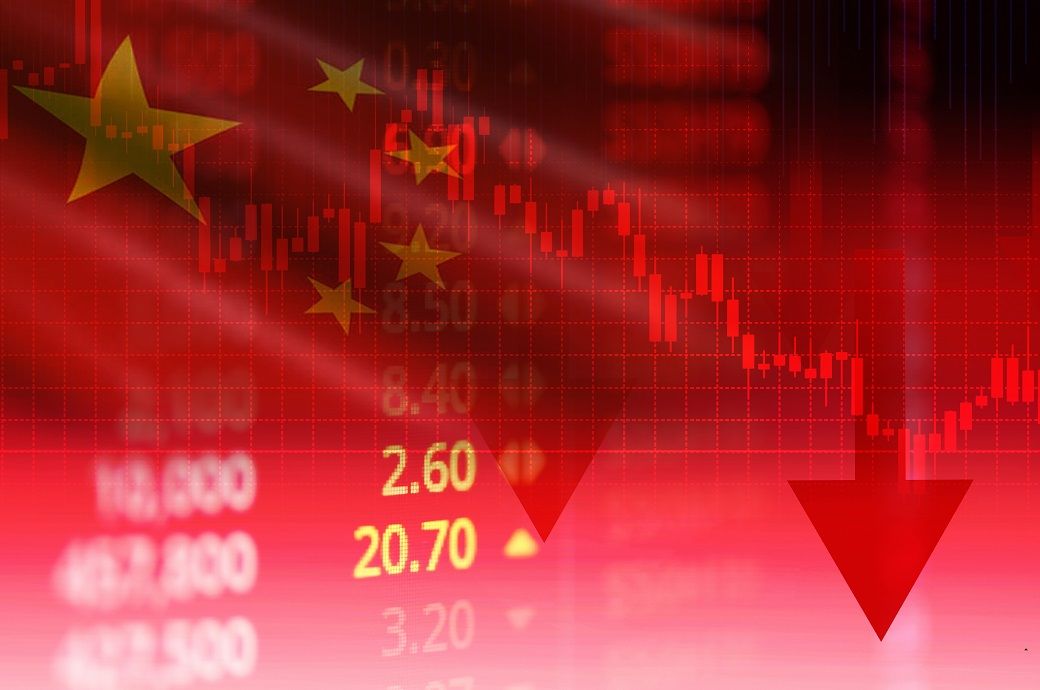
There are a number of factors that could lead China to a balance sheet recession. One is the country’s high level of debt. China’s debt-to-GDP ratio is now over 250 per cent, which is one of the highest in the world. Another factor is the slowdown in China’s property market. The property market has been a major driver of economic growth in China for many years, but it has been slowing down in recent months. This is due to a number of factors, including government measures to cool the market and concerns about the quality of some property projects.
If China does enter a balance sheet recession, it could have a significant impact on the global economy. China is a major player in the global economy, and a slowdown in its economy could lead to a slowdown in global growth. The International Monetary Fund has warned that a balance sheet recession in China could have “significant spillovers” to other countries.
The Chinese government is aware of the risks of a balance sheet recession and is taking steps to try to prevent it. The government has cut interest rates and increased government spending. This week, the People’s Bank of China cut its short-term policy rate by 10-basis points. However, it is unclear whether these measures will be enough to prevent a recession.
The next few months will be critical for China’s economy. If the government’s measures are successful, the economy could avoid a recession. However, if the measures are not enough, China could be headed for a balance sheet recession.
Fibre2Fashion News Desk (RKS)